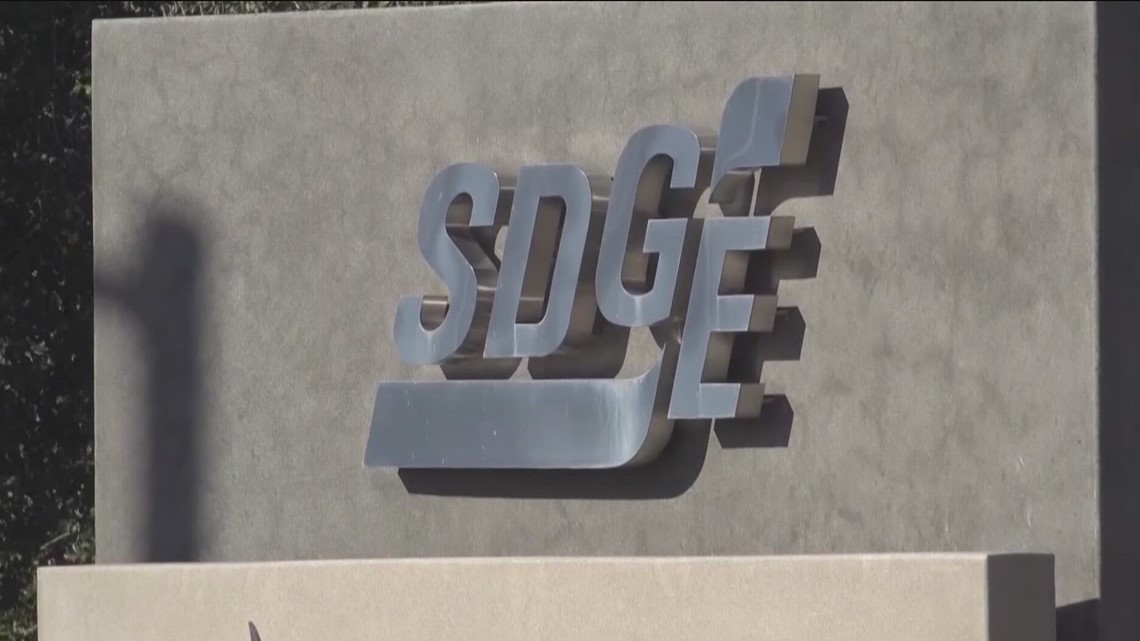Can't make this up.

 www.cbs8.com
www.cbs8.com

 www.nbcsandiego.com
www.nbcsandiego.com

 www.kpbs.org
www.kpbs.org
EDIT - apparently this is already law:
"Assembly Bill 205 requires the California Public Utilities Commission to create an income-based fee for the state’s utility customers. That mandate offered no guidance besides the idea, so the CPUC requested proposals."

SDG&E proposes billing electricity customers based on income
The proposal is part of a new state law requiring utility companies to come up with fixed-rate plans to make billing more equitable.

SDG&E Proposes Changes to Billing
The plan would have a fixed rate for the delivery of electricity to help struggling families keep up with their bills.
 www.nbcsandiego.com
www.nbcsandiego.com

SDG&E proposes adding flat fee to utility bills
It is part of a legislative mandate being shepherded through the regulatory process by the state’s utility regulators, the California Public Utilities Commission.
EDIT - apparently this is already law:
"Assembly Bill 205 requires the California Public Utilities Commission to create an income-based fee for the state’s utility customers. That mandate offered no guidance besides the idea, so the CPUC requested proposals."
Last edited:



